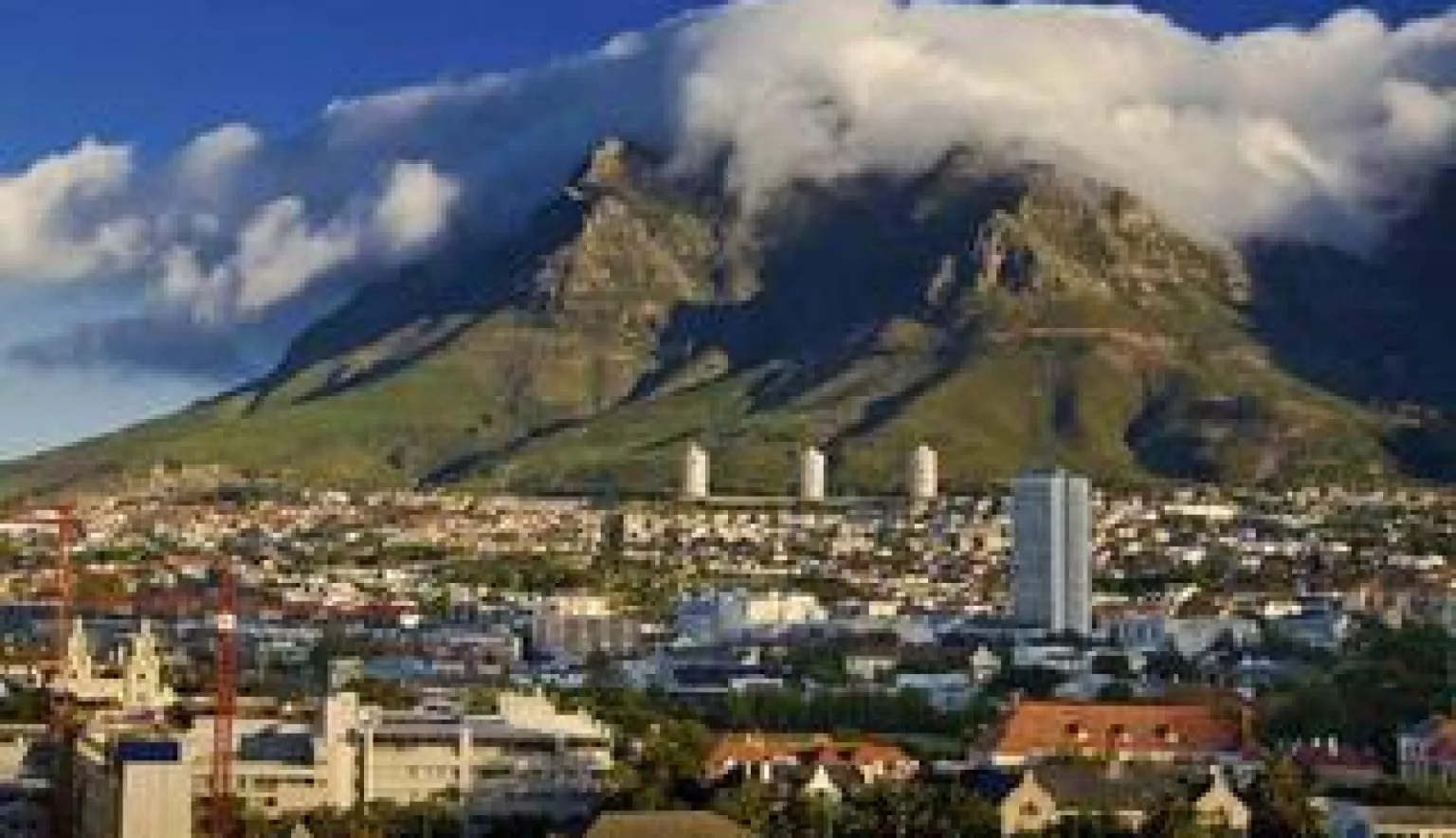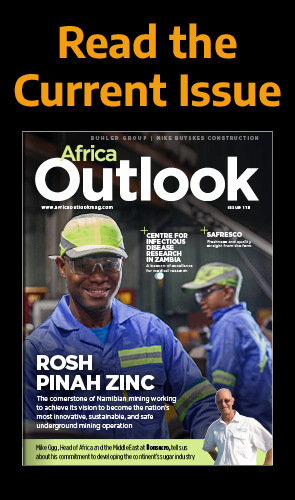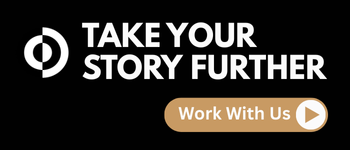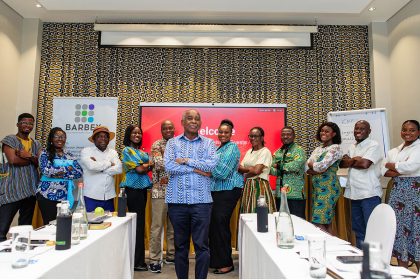The City of Cape Town is miles ahead of the other South African metros when it comes to quality of governance and financial management. Africa Outlook talks to Alderman Ian Neilson, the city’s executive deputy mayor.
- Q&A WITH ALDERMAN IAN NEILSON, EXECUTIVE DEPUTY MAYOR
- Are you making strides in your goal to create a ‘better life for all’?
- You have five strategic pillars. What are they? And why are those pillars important?
- Please tell me about your aims, targets and projections for 2012-13 to 2014-15? Will we see a lot of change in the city?
- 2012 saw many major transport upgrades (upgrading and expanding public transport interchanges (PTIs) over next five years, for example). Are citizens already seeing the benefits?
- Are you happy with what you’re doing/have achieved? Cape Town is miles ahead of the other South African metros – Johannesburg in particular – when it comes to quality of governance and financial management. Why is that? What do you do differently?
- Are you proud of that? Again, how are you able to do it when so many other struggle.
When it comes to quality of governance and financial management few can claim to be better than Cape Town. The City delivers basic services efficiently, is doing more for genuine black economic empowerment and the upliftment of the disadvantaged than any other metro in the country, and even has a functioning billing system. We recently talked to Alderman Ian Neilson who told us more about the City’s fabulous achievements.
Q&A WITH ALDERMAN IAN NEILSON, EXECUTIVE DEPUTY MAYOR
Are you making strides in your goal to create a ‘better life for all’?
The City aims to create a Cape Town that works for everyone. Since being elected to office, this administration has made great strides in delivering on this promise. We are committed to redress and delivery. As such, our priority areas remain those in which the poor and the vulnerable reside. Good financial management has meant that our budgets are used responsibly, which allows for more money to be used on important projects such as the provision of human settlements, safety, health and infrastructure. We have delivered human settlements to previously disadvantaged communities, have invested in roads and public transport and we have put more police officers on visible patrols.
You have five strategic pillars. What are they? And why are those pillars important?
The work we do at the City is informed by our five strategic pillars or focus areas. These are the Safe City, the Well-run City, the Inclusive City, the Caring City, and the Opportunity City. The Opportunity City will be one in which conditions attract investment and job opportunities. The Safe City, through community and stakeholder involvement, will mean freedom from fear of crime, and safer streets for all citizens. The Caring City is one where all citizens, particularly those most in need, have access to basic services. The Inclusive City is one where every resident has a say and a stake in the future and where community involvement in decision making is important. The well-run city means a transparent and corruption-free local government, which is receptive to the needs of its citizens. These five strategic pillars provide the framework within which the City aims to deliver a home for all her people: where they see a real future for themselves. Those values are informed by our drive to create a city of economic opportunity that addresses the imbalances of the past through a commitment to reconciliation, redress, delivery and diversity.
Please tell me about your aims, targets and projections for 2012-13 to 2014-15? Will we see a lot of change in the city?
Our Integrated Development Plan (IDP) sets out our basic strategy. We consulted with more than a million Capetonians during the drafting of that document. It has helped us craft the blueprint of our designs with the aim of a moving beyond the old straight-jackets of compliance. We crafted it with an expansive agenda in mind that sought to activate the full creative potential of this organisation and the combined potential of the private and civil society sectors. In order to deliver on the strategy, we had to change the way that we work. That is why we have structured the City to deliver on the five pillars as five strategic focus areas.
2012 saw many major transport upgrades (upgrading and expanding public transport interchanges (PTIs) over next five years, for example). Are citizens already seeing the benefits?
The geographic lay out of the city means that it is physically impossible to build more roads. The City has taken a policy decision to promote public transport over private transport in all its design decisions. A safe, effective and reliable public transport system means it is easier for people to move from their home to their place of work and for communities from far flung areas to interact with each other. As part of Apartheid’s legacy, many people were relegated to the margins of the City. We know that, in order to redress this, people need to be able to take advantage of the economic and other opportunities of the central City. Design decisions in the past tried to keep people apart; modern day design must undo those mistakes of the past and bring people closer to each other. The use of public transport and travelling on the city’s roads forms a large and necessary part of the daily lives of Cape Town residents and it is the City’s mandate to ensure that commuters can travel in safety and with dignity. The City manages over 200 public transport interchanges (PTIs) and law enforcement is a primary focus area as part of our commitment to being a Safe City. Security at PTIs is currently provided by various private security companies and supported by the City’s Law Enforcement, TrafficServices and Metro Police and the South African Police Services (SAPS). The City has also introduced a specialised Law Enforcement Unit – the Transport Interchange Unit – which deploys dedicated officers to various major PTIs, focusing on Joe Gqabi, Bellville and the Cape Town Station Deck. This has seen a marked reduction in crime and vandalism, through the enforcement of the City’s By-Laws. One of the biggest threats to the safety of commuters is vandalism and anti-social behaviour. Daily patrols by the Transport Interchange Unit ensure that PTIs are monitored and that every effort is made to maintain and improve the commuters’ overall experience of public transport in Cape Town.
Are you happy with what you’re doing/have achieved? Cape Town is miles ahead of the other South African metros – Johannesburg in particular – when it comes to quality of governance and financial management. Why is that? What do you do differently?
Our public accounts committee – a key oversight committee, with the responsibility of ensuring that the public’s money is spent responsibly – is chaired by a member of the opposition. Our tendering system is constantly streamlined and improved and our staff are committed to the idea that “thisCity works for you”. Our Council meetings and portfolio committee meetings are open to any member of the public wishing to attend them. This administration is committed to transparency and accountability and this has gone some way in making us a better run metro. More must be done and challenges remain.
The City delivers basic services rather efficiently, is doing more for genuine black economic empowerment and the upliftment of the disadvantaged than any other metro in the country – and even has a functioning billing system.
Are you proud of that? Again, how are you able to do it when so many other struggle.
We are very proud of our track record but there is always more to do and more people that need our help. Our nation’s history is one of discrimination and it would be foolish for anyone to think that the legacy and effects of apartheid can be undone in a short space of time. We have made huge strides in this task by creating confidence in our governance structures. This confidence means that more businesses are investing in the city which creates more opportunities for everyone who lives and works here.
To learn more visit www.capetown.gov.za.


























